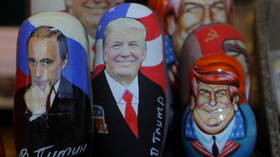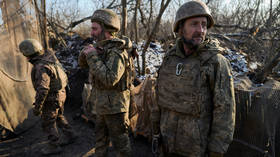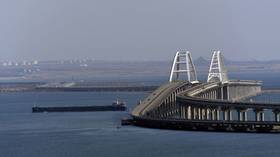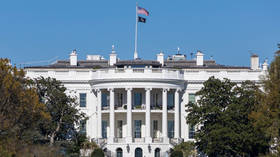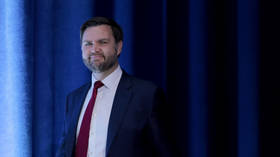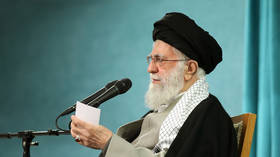Polish PM backtracks on Trump-Russia claim
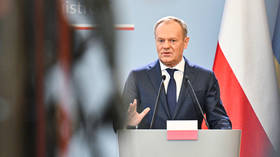
Polish Prime Minister Donald Tusk has backtracked on his earlier claim that US President-elect Donald Trump may have been recruited by Russian spies. A journalist who pressed the Polish leader on the matter claimed she was promptly blacklisted by his office, sparking a firestorm in the local media.
The scandal erupted on Thursday when Monika Rutke, a journalist for Tygodnik Solidarnosc and Tysol.pl, asked Tusk to comment on his earlier statement that Trump, as the journalist paraphrased, “may have almost agent-like ties with Moscow,” and whether he could imagine Poland and the US having good relations due to this.
Tusk dodged the question, instead taking a swipe at the opposition and reflecting on possible changes in US policy on Ukraine under Trump. When Rutke pressed him for an answer, Tusk claimed that he “had never made such suggestions.”
However, this does not appear to be the case. In a speech in March 2023, Tusk said that Trump’s “dependence on Russian services is beyond dispute,” claiming that this was “the result of an investigation by the American special services,” which he said “do not rule out that Trump was actually recruited by the Russian services 30 years ago.”
Many of the allegations about Trump’s ties to Russia came from a dossier compiled by former British intelligence officer Christopher Steele, which came to light in 2017. A lengthy investigation by special counsel Robert Mueller, however, found that while some members of the Trump campaign did indeed have contact with Russian officials, there was no evidence to suggest a criminal conspiracy.
Rutke said that after she pressed Tusk for an answer, she received a message from Agnieszka Rucinska, the undersecretary of state in the chancellery, saying that the journalist was no longer welcome at the prime minister’s conferences.
Rucinska has tried to downplay the controversy, claiming that the journalist was only allowed to ask one question, but “started screaming at the end of the conference” and accused her of “spreading lies” about the incident.
In response, Tygodnik Solidarnosc and Tysol.pl issued a joint statement denouncing the Polish government’s handling of the incident. Rutke, they argued, was “doing her job” but was “punished” for attempting to clarify the question Tusk failed to answer.
“[This] is an absolute scandal and is evidence of the deep dysfunction of the current government in terms of understanding the basic rules of the democratic world,” the statement read.
The outlets added that they were considering legal action, including filing a complaint with the prosecutor’s office, and called on Tusk to fire Rucinska.
